BUY MEAT STICKS
Buy The Best Droëwors In Australia
FREQUENTLY ASKED QUESTIONS
Ever had a sausage? Well, droëwors is a distinct and delicious style of sausage that’s been air-dried. The end result is a meat stick that makes for an exceptional dose of delicious protein that’s easy to take just about anywhere you go.
Droëwors is an immensely popular snack throughout South Africa, and their popularity has spread across the world. At Barbell Foods, we hope to make them a staple of Australian snacking; a wonderful, fresh alternative to overly processed jerky and the like, which currently dominate the market.
As for the fancy dots above the ë? Well, that’s called a “trema” or an “umlaut”. It means that the vowel should be elongated. For an easy example, think of how “Zoë” doesn’t rhyme with “Joe”. It’s a common feature in many Germanic-derived languages, such as German, Dutch, Afrikaans and even English.
As it’s an Afrikaans word, “w” is pronounced in a similar fashion to a soft “v”. So “droëwors” is pronounced as “droo-ah-vors”.
One of the great things about droëwors is that it can be eaten just as it is. Here at Barbell Foods, it’s available in a selection of different flavours, with some traditional droëwors recipes plus a few new flavours too. You can use droëwors as an ingredient in other foods like salads or inside a gourmet wrap or on a food platter, so get creative and experiment with other foods.
In terms of formality? Well, we really run the gamut among the team here at Barbell Foods. We think droëwors is a great snack to take away for any camping trip — but we also sometimes like to take our time and enjoy it as a small meal in its own right too. Cutlery and plates are not required which is a big plus if you ask us!
Here at Barbell Foods, supporting regenerative agriculture is one of our core values and so we’ve specifically sourced beef that has come from farmers who manage their cattle in a holistic manner which helps to rejuvenate the land. The inclusion of kangaroo meat also supports this mission, as although kangaroos are a native species, they can still have detrimental effects on the environment when their numbers are higher than the local ecosystem can support; accordingly, they’re ethically harvested from the wild rather than farmed.
Similarly, our beef is ethically sourced from grass-fed cows, with on-farm slaughter practised to both minimise the cost and environmental impact of transporting animals to facilities while also reducing the stress placed on the animals themselves.






